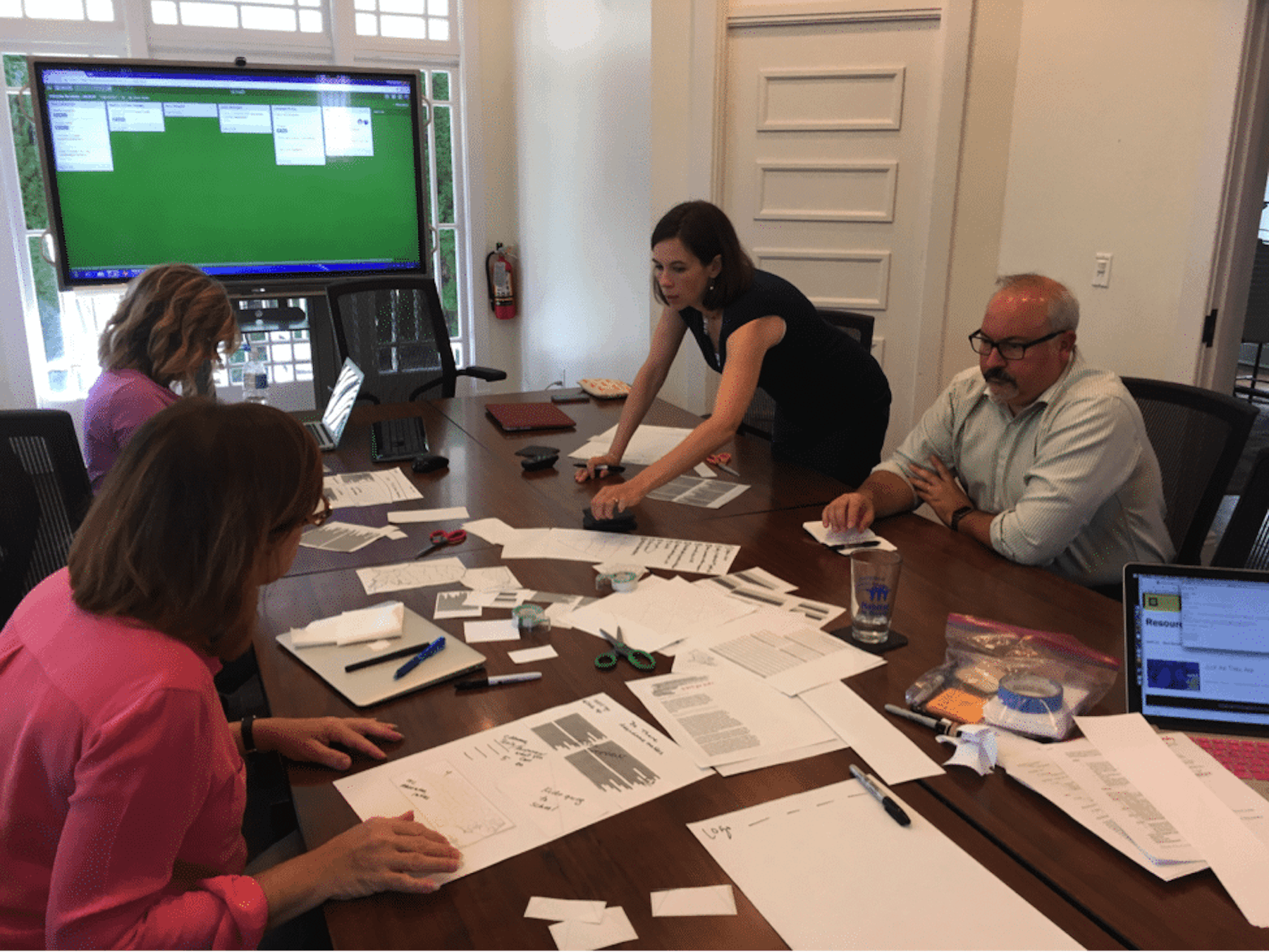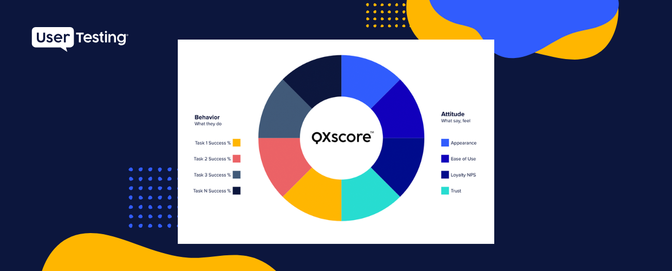
Designing UX for nonprofits: what do the experts say?

Good user experience (UX) practices have a natural home in the nonprofit space. After all, good UX for nonprofit experiences can encourage giving. What could be more inspiring?
Designing nonprofit experiences has unique challenges, too. Nonprofits often have small budgets, limited resources, and a unique organizational culture to navigate.
To learn more about UX for nonprofits, we connected with researchers and designers who have accomplished UX wins in the nonprofit space. The following practitioners shared their experiences and advice:
- Stacy Holmstedt: Director of Digital Experience at Arizona State University (ASU) and former Senior Director of Internet Marketing for ASU Foundation
- Melissa Eggleston: Senior UX Designer at Teamworks and former UX Consultant
- Ben Elgart: PresenTense Fellow and Pro-Bono Consultant
What do you like about doing UX work with nonprofits?
Stacy:
Nonprofits have a mission outside of making money, and it’s wonderful to work for a cause you believe in. The people you help often do massive things to improve the world, and at the end of the day, you’re thinking about them instead of saying, “Well, I helped move this plastic stuff that’s going to be in a landfill 15 years from now.” Volunteering on boards and getting involved in their online projects can be really rewarding, as others often appreciate new ideas.
Melissa:
I like that nonprofits really need help and that they are socially minded. These people really care about others and dedicate their lives to service, often at a lower salary than they could earn elsewhere. It’s inspiring.
Ben:
As a UX researcher and designer, I want to invest my efforts in addressing real-world situations that otherwise produce friction, dissatisfy, and leave important work undone. Nonprofits are often focused on addressing the most meaningful wicked problems out there. Nonprofits that actively work within communities toward social issues often work with the most vulnerable populations (like immigrants, racial minorities, elderly, and mental health sufferers) who have less access to common services and products and are chronically underserved by targeted solutions. These nonprofits offer the biggest bang for the buck by presenting meaningful, complex problems to solve for users with the greatest unmet needs.
How does your approach differ for conducting UX work with nonprofits compared to other settings?
Stacy:
You do have to approach it differently, in that nonprofits can be traditional and want to stick with tried-and-true methodologies — sometimes patterns that emulate offline direct-mail experiences. Years ago, I had to convince stakeholders that making donors type solicitation codes into an online giving form was unnecessary and cumbersome, and the task could be accomplished by using vanity URLs that pre-populate the codes. We printed the giving form and showed them that it was 37 inches long — an overwhelming amount of input fields! When they saw that, we started looking for solutions together.
Melissa:
Mostly I try to be as efficient as possible when working or volunteering with nonprofits because they have so much to do and not enough resources. For example, when I was upgrading a client’s site (a move from a brochure-type marketing site to a more in-depth resource website), instead of scheduling and conducting one-on-one interviews with the executives to get their vision, I involved them through participatory design. We got together in two sessions and everyone used materials I brought to make up what they thought certain key pages would look like. We then shared our ideas with one another. It allowed me to listen to their concerns as they voiced them to each other and understand what they liked. From there, I was able to take the best, most liked ideas from everyone’s design, combine it with my own expertise and knowledge, and deliver wireframes and a structure everyone was happy with — plus they felt like they had contributed to the process. Win-win!

Have nonprofit clients work with you! Here’s a participatory design session on website landing pages that Melissa did with the North Carolina Early Childhood Foundation.
Ben:
I find that working with nonprofits differs from other organizations in several ways:
1) It’s easy to find problems that need attention
Staff and leadership in nonprofits often speak openly about challenges to doing their jobs (e.g. understaffed, broadly tasked, and without resources), the challenges their organizations aim to meet, and the partnerships and competitive relationships in their respective fields.
2) It’s easy to find internal champions for research
Many nonprofits are scrappy, people-centered operations that freely trade in a different currency than their for-profit counterparts: time, relationships, and access. As long as I was flexible, my network could connect me with all levels of different organizations and provide access to observe internal activities and externally-facing client interactions.
3) Finding actionable insights is the challenge
Identifying breakdowns isn’t difficult since the need is great and the organizations are strapped. The real challenge lies in framing solutions. Rather than providing a nonprofit with an overwhelmingly comprehensive (read: expensive) plan, I’ve found the best way to create recommendations is by leveraging existing channels or focused interventions. Even basic process changes — like redesigning paper forms or updating touchpoint strategies and cadences — can have a great effect.
Do you have advice for anyone interested in conducting UX research and/or design with nonprofits?
Stacy:
Realize that nonprofits speak their own language and have their own heuristics, and try to learn as much as you can about them before you walk into the room. Instead of “acquisition and retention,” you may hear “cultivation and stewardship.” Some nonprofit professionals are very excited to learn about ecommerce UX concepts, and others immediately shut down and say, “That’s not how we do things here.” Understand the complexity of their goals beyond a cut-and-dried bottom line, and explain solutions in their language. Empathy and journey maps can be useful tools to break assumptions about the donation experience.
Melissa:
I would start by volunteering your time at a local nonprofit that you care about to see how nonprofits operate. Some nonprofits are run like a business. Others are like a caring dysfunctional family. Know which types you can work with. (This is not to say that for-profit businesses, especially startups, aren’t also sometimes caring yet dysfunctional as well!)
Ben:
Just do it! One of the hardest parts to addressing problems is learning about them, and nonprofits provide a great window into deep diving into new knowledge bases and problem areas. Nonprofits are often in industries that are not innovating and plagued with disruption, so you can take your time to get up to speed. I have found nonprofits are also open to conducting research in ways that don’t have immediate payoff, or are often willing to accommodate user-centered design methodologies with iterative design and testing.

Get started with experience research
Everything you need to know to effectively plan, conduct, and analyze remote experience research.





